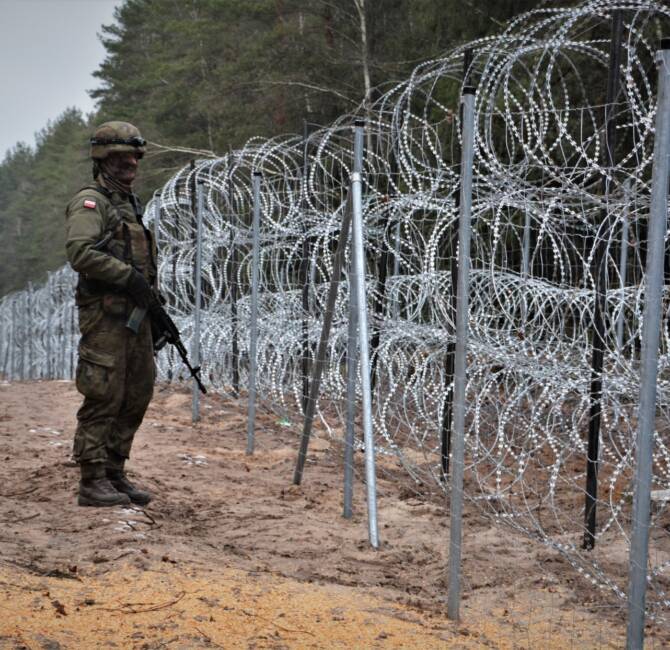Hungary – The Czech Presidency of the EU Council sent a letter in early December to the ambassadors of the 27 member states warning them that the “transphobia of one delegation” threatens the European position as a spearhead for this issue on the global level. Even if Hungary was not explicitly mentioned, it was the one clearly targeted.
This is because, during a meeting of ambassadors held on 7 December, the Hungarian representative stated that he was opposed to the EU’s insistence on “inclusive” language that goes “beyond the male–female binarity” in the context of the negotiations on biodiversity at COP15 in Montreal, from 7 December to 19 December 2022. The EU position was defended by a “clear majority” of member states:
“In order to keep our credibility, the EU as one of the strongest advocates of gender equality should not remain silent on this issue in Montreal”,
the Czechs wrote in their letter to the EU-27.
The representatives of 13 member states also expressed concern about “attempts to undermine the notion of gender”.
Meanwhile, Hungary’s official position on these issues has always been clear: Hungary “recognises and promotes equality between men and women” but does not acknowledge the notion of gender differing from biological sex. Hungary is not the only member state that has difficulty embracing gender ideology. The Bulgarian representative, for example, pointed out that the expression “all genders” was in contradiction with a decision of Bulgaria’s Constitutional Court.




